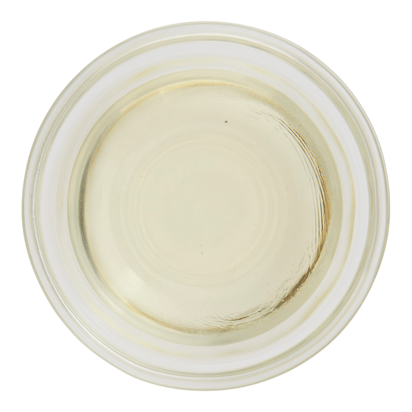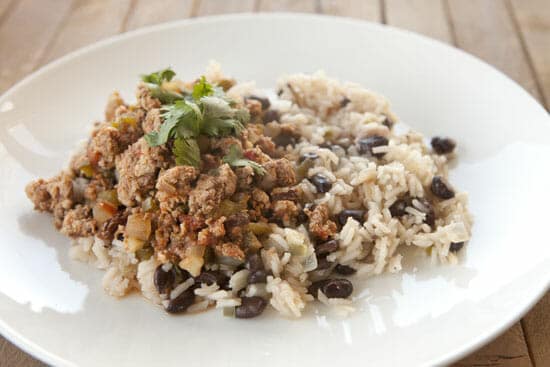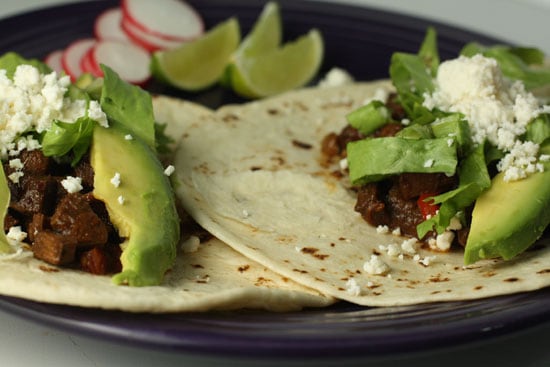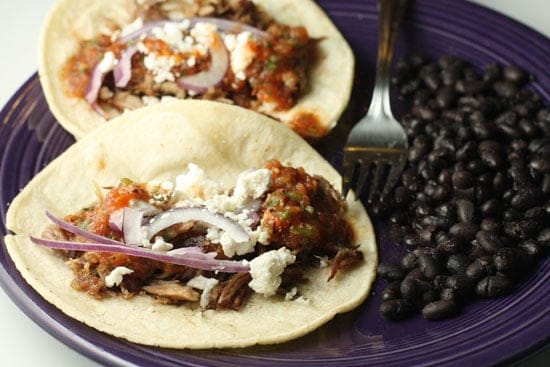Canola Oil: Important Facts, Health Benefits, and Recipes
Explore the world of canola oil with our comprehensive guide, covering its origins, health benefits, storage tips, and substitution ideas for a healthy lifestyle.

Nutritional Facts
1 tbsp
Amount per serving
Calories
123.8
Carbohydrates
0 g
Fat
14 g
Protein
0 g
Saturated Fat
1 g
Sodium
0 mg
Fiber
0 g
Sugar
0 g
Best Canola Oil Recipes
-

-

-

-

-

-

-

-

-
![Breakfast Bird's Nest Image]()
-
![Fish and Chips Kebabs Image]()
-
![Near Perfect Nachos Image]()
-
![Tarragon Vinaigrette Dressing Image]()
-
![Homemade Chicken Tempura Image]()
-
![Szechuan Beef Noodles Image]()
-
![Five Spice Roasted Chicken Image]()
-
![Homemade Shrimp Burgers Image]()
-
![Grilled Chicken Wings Image]()
-
![Sweet Korean Chicken Wings Image]()
-
![Fermented French Fries Image]()
-
![Jalapeno Hush Puppies Image]()
-
![Hash Brown Egg Nests Image]()
-
![Real Boneless Chicken Wings Image]()
-
![Nashville Hot Chicken Strips Image]()
-
![Mango Habanero Simmer Sauce Image]()
-
![Cheesy Buffalo Chicken Dip Image]()
-
![Crispy Homemade Veggie Nuggets Image]()
-
![Latke Breakfast Sandwiches Image]()
-
![Crispy Brussels Sprouts w/ Fish Sauce Vinaigrette Image]()
-
![Sweet Potato Hatch Chile Hash Image]()
-
![Red Onion Strings Image]()
-
![Chalupas Image]()
-
![Vanilla Cream Long Johns Image]()
-
![Fried Mozzarella Balls Image]()
-
![Guacamole Tots Image]()
-
![Lengua Tacos Image]()
-
![Traditional Club Sandwich Image]()
-
![Ad Hoc Chicken Nuggets Image]()
-
![Crispy Chicken Caprese Bites Image]()
-
![Homemade Taco Bowl Image]()
-
![Better Bologna Sandwich Image]()
-
![Fresh Peach Beignets Image]()
-
![Eggplant Fries Image]()
-
![Carnitas Image]()
-
![Chicken Tikka Masala Image]()
-
![Cranberry Almond Bread Image]()
-
![Apple Cake with Cream Cheese Frosting Image]()
-
![Brown Butter Chocolate Chip Cookies Image]()
-
![Pumpkin Bread Image]()









































